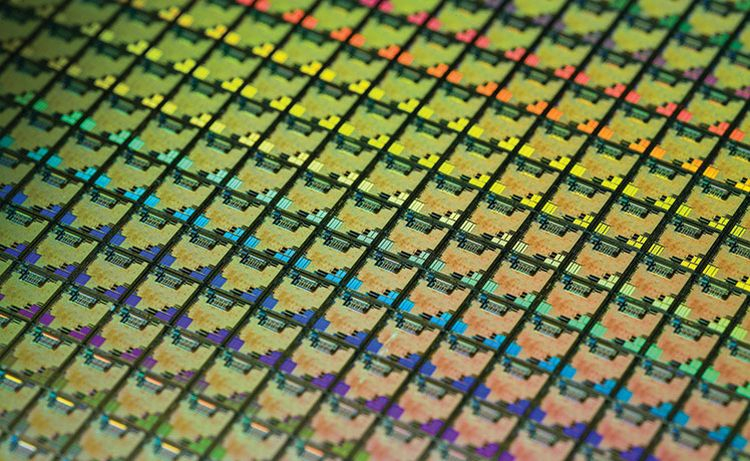2022 was a tough year for the semiconductor component market, but it could not break the trend, according to which Taiwan's export revenue from the sale of chips over the previous two years increased by a double-digit percentage. Last year, it grew by 18.4%, maintaining a positive trend for the seventh year in a row.

Last year, the growth of Taiwanese exports of semiconductors was countered by weakness in demand caused by macroeconomic problems, as well as sanitary restrictions in China, which remains a large consumer of chips. And yet, on the example of the quarterly reports of TSMC, which controls more than half of the world market for contract manufacturing of semiconductor products, one can judge the ability of the local economy to resist negative phenomena. In the fourth quarter, TSMC's revenue in dollar terms rose by 26.7% to $19.93 billion, although this was a disappointment for investors. Annual revenue grew by a respectable 42.6% to $74 billion.
In the future, the emerging diversification of new production sites on a geographical basis, according to Barclays experts, will be a test of strength for the Taiwanese economy. TSMC intends to build new fabs in the US and Japan in addition to those already under construction, and is also thinking about building a plant in Europe. Intel is eyeing Vietnam and expanding its presence in the US and Europe, while Foxconn and Vedanta are looking to set up chip production in India. The events of the last two years have shown that a high concentration of industries makes supply chains vulnerable, so companies are now interested in expanding the geography of their enterprises.







